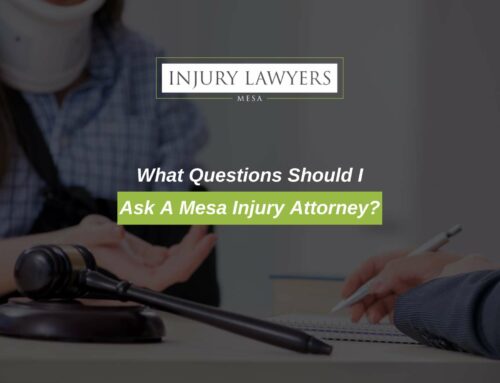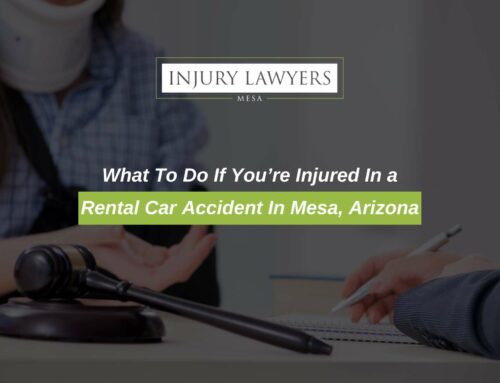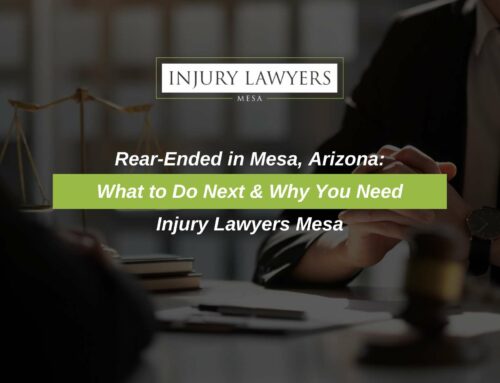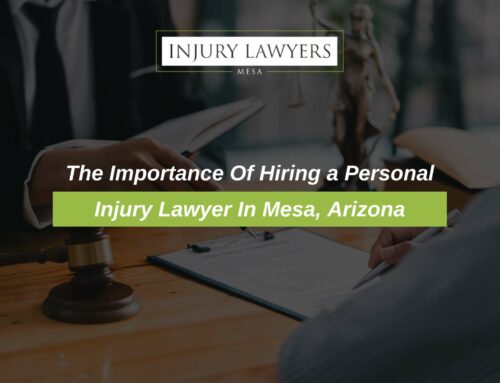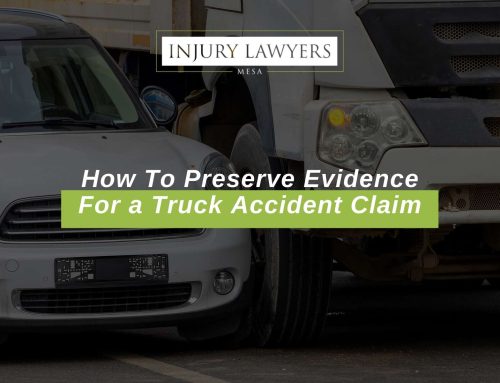Your Pre-Existing Medical Condition Doesn’t Bar You From Personal Injury Compensation
So many accident victims feel that it wouldn’t be “right” for them to sue for compensation for their injuries. They may believe that only lazy people and scam artists will sue others for financial gain. Or they may believe that they are barred from recovery due to a pre-existing injury or medical condition. But personal injury lawsuits aren’t about financial gain they are about financial recovery. It isn’t fair to suffer physical injury and possibly property damage due to someone else’s mistake and bear the financial burden on your own. This applies even if you have a previous injury or medical condition that was affected by the accident. Let a knowledgeable personal injury professional evaluate your situation to see if you should pursue compensation from the other party. Call 602-600-6001 to schedule your free consultation with My AZ Lawyers today.
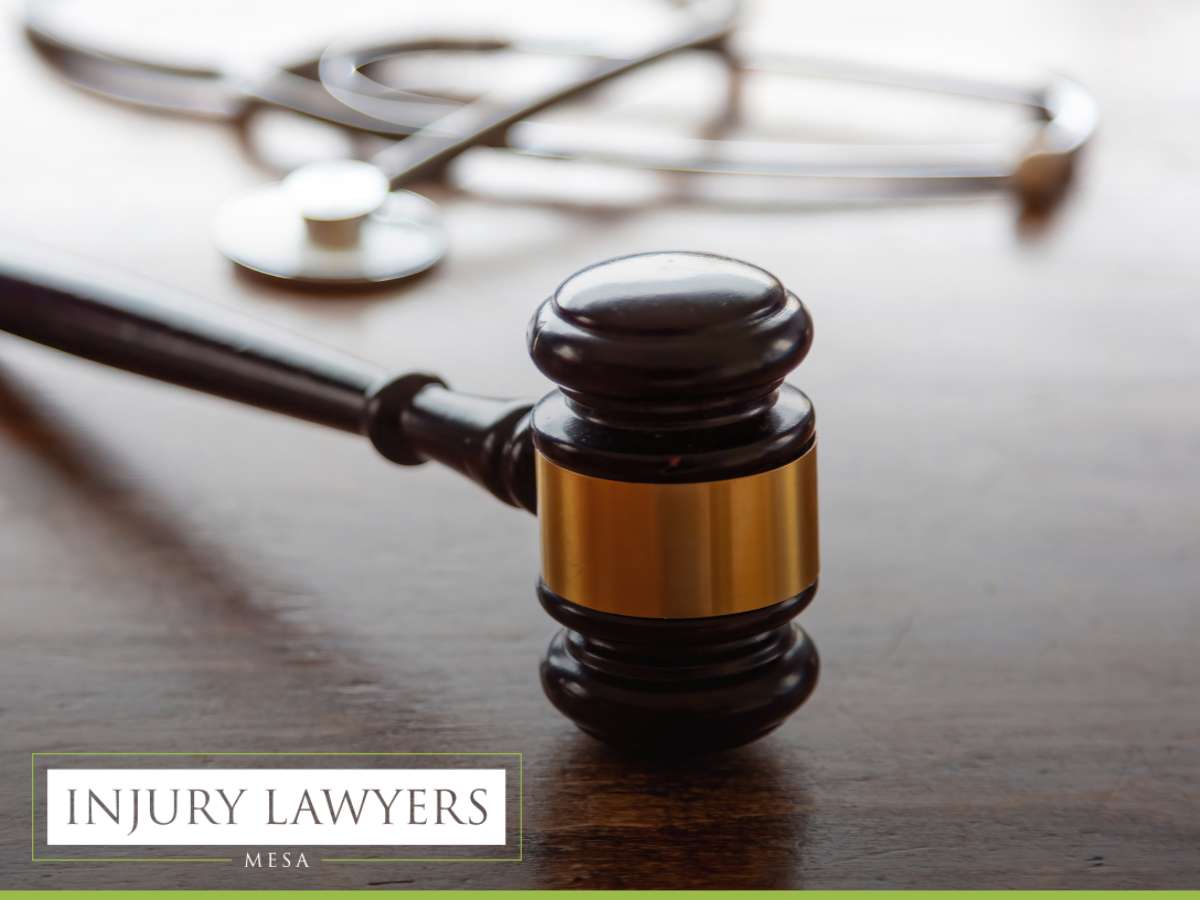
The “Eggshell” Plaintiff
In personal injury law, the defendant’s action apply to the plaintiff as they are. This even applies if the plaintiff’s skin is made of eggshells. This rule may sound silly, but it makes the concept simple to understand. If a defendant were to hit a plaintiff in the face, it may hurt but require little to no medical attention. However, the defendant takes the plaintiff as they find them. That means if the defendant hits the plaintiff in the face, but the plaintiff’s face is made of eggshell, it will probably cause significantly more damage- and the defendant will still be liable. We have yet to represent a client whose face is made of eggshells, but seeing clients with pre-existing conditions, in general, is more common.
This doesn’t mean that a lawsuit with pre-existing conditions will be a downhill battle. Insurance companies look for any reason to avoid paying out accident victims. If the plaintiff does have a pre-existing condition that is relevant to injuries claimed in an accident claim, the defense will try to attribute as much of the plaintiff’s damages to the first condition as possible. A skilled injury attorney can protect the plaintiff’s position and make sure they are fairly compensated for their injuries resulting from the accident.
Arizona’s Jury Instructions Regarding Pre-Existing Conditions
The Arizona Bar has examples of Arizona personal injury case jury instructions here. This includes specific instructions for when the plaintiff has at least one pre-existing condition. Here, the jury is instructed that “ … if [name of plaintiff] had any pre-existing physical or emotional condition that was aggravated or made worse by [name of defendant]’s fault, you must decide the full amount of money that will reasonably and fairly compensate [name of plaintiff] for that aggravation or worsening.” Therefore, the defendant is still liable for damages “even if [name of plaintiff] was more susceptible to an injury than a normal healthy person would have been, and even if a normally healthy person would not have suffered a similar injury.” This is essentially a more formal description of the eggshell plaintiff theory described above.
Examples Of Pre-Existing Conditions
When it comes to personal injury claims, pre-existing conditions can be both physical and mental. The defense may try to argue that either type of pre-existing condition can affect either type of injury from an accident. For example, a plaintiff could claim that the physical pain and limitations due to injuries from a car accident caused depression, while the defense may argue that a prior mental health diagnosis is the true root of the issue. Some pre-existing conditions that could be relevant to a personal injury claim include:
- Previously broken or fractured bones
- Depression, anxiety, panic disorder, etc.
- Diabetes
- Osteoporosis or osteopenia
- Obesity
- Post-Traumatic Stress Disorder (PTSD)
- Peripheral vascular disease
- Hemophilia
- Scoliosis
- Bipolar disorder, borderline personality disorder, etc.
- Congestive heart failure and other heart conditions
- Previous traumatic brain injury (TBI)
- Arthritis (Rheumatoid, etc.)
- Connective tissue disorders
Dealing With The Defense After Being Injured In An Accident
Regardless of your pre-existing conditions, you will always need to act with care and precision when dealing with the other party’s insurance after an accident. Make no mistake- the insurance adjuster is not your friend and doesn’t want to give you a fair settlement. Each adjuster may use different tactics, but there are a few things that accident victims with pre-existing conditions should take into special consideration. After taking pictures at the scene and exchanging insurance information with the other party, an accident victim should follow the steps below.
Don’t Hide Your Pre-Existing Condition From Your Injury Lawyer
Keeping your pre-existing condition to yourself during a personal injury claim is a good strategy except for when it comes to your own doctor and attorney. It could impact how your doctor wants to approach medical treatment for your new injury. It also is better for your attorney to hear about the pre-existing condition from you and adequately prepare to deal with it rather than being surprised by it by opposing counsel.
Talk To Your Own Lawyer Before The Other Party’s Insurance Company
It may be tempting to bypass the formal personal injury process and quickly settle your claim with the other party’s insurance company if that option is available to you. But when this happens, these plaintiffs are often left with injury awards that are significantly lower sums than could’ve been reached with the assistance of an experienced injury lawyer. The insurance adjuster will almost immediately begin pressuring an accident victim to conduct an interview on a recorded line. Any false steps during this call could negatively affect the plaintiff’s claim.
Be Dedicated About Medical Evaluation & Follow-Ups
Just because you don’t need to leave the scene of an accident in an ambulance doesn’t mean you shouldn’t seek prompt medical attention. There are several reasons that you may not feel the symptoms of an injury immediately after an accident. For example, the accident could have caused you to experience a surge of adrenaline that delays the pain and other symptoms from an injury. Injuries like whiplash may remain dormant for days, weeks, or longer after an accident.
It’s also important to seek medical attention if you plan on pursuing a personal injury claim because it creates credible evidence to support your case. This kind of evidence can help make the distinction between your pre-existing condition and the damages caused by the defendant clearer. It’s also important that your medical records indicate that you have kept up with all of your doctor’s instructions. Otherwise, the defense will have a stronger argument that your prior condition and lack of follow-through worsened your injuries more than the defendant’s conduct.
Skilled Arizona Injury Lawyers For Specialty Issues Like Pre-Existing Conditions
Personal injury claims aren’t known for being pleasant experiences, but you can anticipate additional stress and difficulty if you have a pre-existing condition that was aggravated in an accident. It will take an injury attorney with dedication and experience to protect your rights after being injured with a pre-existing condition. Mesa Injury Lawyers will go to any lengths necessary to ensure that you receive fair compensation for your personal injury claim. You contact one of our injury lawyers with no cost or obligation by scheduling your free consultation at 602-600-6001.
Mesa Injury Lawyers
1731 West Baseline Road Suite #103
Mesa, AZ 85202
Tel: 602-600-6001
Email: [email protected]
Website: injurylawyersmesa.com

